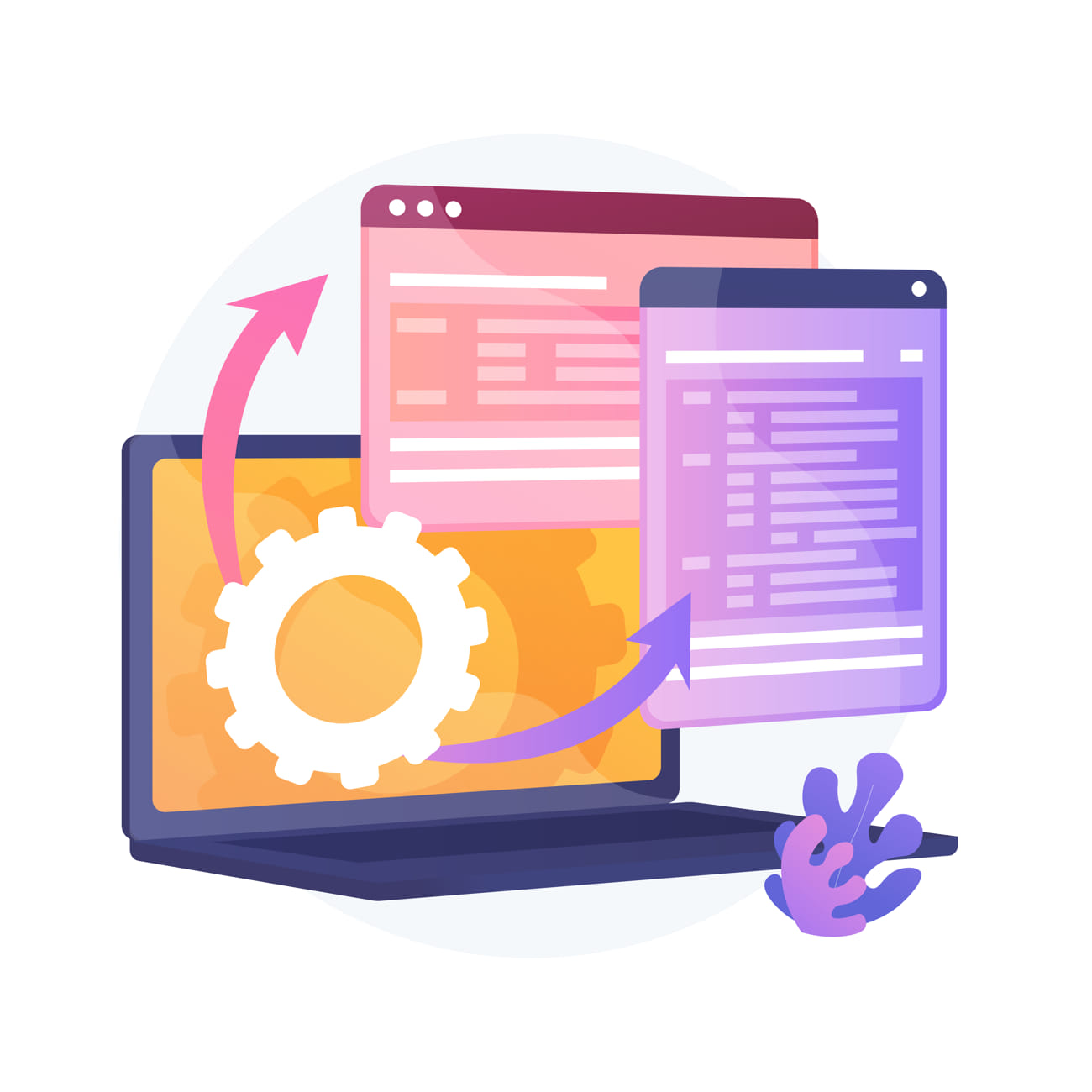The title of the blog article poses an exciting question that all companies should ask themselves that want to survey their B2B customers with the Net Promoter Score in order to receive feedback.
Imagine the following scenario where you run a B2B company that sells software. Who would you ask? Do you direct your survey to the person you spoke to during the acquisition process? Or would you want to send the survey to the employee who ultimately uses your software?
 During our discussions with NPS users, we have found that the majority believe that it is best to ask the direct contact person.
During our discussions with NPS users, we have found that the majority believe that it is best to ask the direct contact person.
However, we are of the opinion that both options are important, which is why we consider a third option: Send your NPS survey to the direct contact person as well as the direct user of the software.
Below, we'll look at some of the pros and cons of both approaches so that you can get the most out of the Net Promoter Score.
Table of Contents
More data means more knowledge and therefore better feedback
 First, let's look at some of the benefits of sending your Net Promoter Score survey out to everyone who uses your product.
First, let's look at some of the benefits of sending your Net Promoter Score survey out to everyone who uses your product.
One of the biggest advantages of this approach is the sheer amount of feedback you can get over time. If you sell software to B2B companies with hundreds of users, you could potentially generate dozens or hundreds of responses from each survey.
This makes it easier to spot general trends in feedback for your team to investigate. It's also a great way to find out which issues are having the greatest impact on your Net Promoter Score.
Because you can get hundreds of different responses from people within a single company or organization, this approach is also a great way to see the diversity of opinions that can arise in a workplace.
With a simple analysis, you can determine which department in the company is getting on better or less well with the software. It can also be argued that some of the employees, regardless of department, can use your software while others cannot. Follow these insights to further refine your software.
This scope and variety of feedback can make it easier for you to identify problems and opportunities in your product and to help you prioritize changes and make improvements.
Real user data is often the most valuable
 One advantage of interviewing direct users instead of key contacts is the quality and depth of their feedback.
One advantage of interviewing direct users instead of key contacts is the quality and depth of their feedback.
Even if key contacts have contact with the people who use your software, they rarely have the practical experience. This then means that their feedback comes second-hand and is therefore only a rough summary of what the users have stated in terms of likes and dislikes.
Direct contacts can also give their feedback with a slight bias. If, for example, your contact person is also the person who decided to use your software, there is a possibility that they will rate your product too positively, simply to justify their own decision.
Direct users, on the other hand, are usually open but always critical of your software. They tend to point out bugs when they run into them and give brutally honest feedback on features that aren't working as they should.
If your company sells a technical product to an equally technical audience - such as CAD software - the engineer working with the software can provide detailed technical feedback that sales, management and marketing contacts cannot.
All of these affect the value of the feedback you get from any NPS survey. In addition to getting a larger amount of feedback, active users can also have a noticeable impact on the quality of the feedback you get from every Net Promoter Score survey you send.
Ultimately, however, direct users do not make any purchase decisions
 The downside to interviewing direct users is simple: while these people may give you the most useful feedback, they are ultimately not responsible for deciding whether or not to keep using your product.
The downside to interviewing direct users is simple: while these people may give you the most useful feedback, they are ultimately not responsible for deciding whether or not to keep using your product.
This responsibility rests with your direct contact, but there is no guarantee that their feedback will match that of the users of your product. Many companies notice a significant difference between the Net Promoter Scores they get from direct contacts and the NPS data they get from users. It is far from uncommon for one group to be made up of critics or passives while the other group is made up of promoters.
This can happen for a number of reasons. Sometimes your product makes life easier for managers and other high-level employees while frustrating its users. Sometimes the opposite happens when users see your product as relevant and managers are largely unaware of its importance.
One important point to keep in mind is that NPS data from your key contacts is more valuable than NPS data from end users from a customer loyalty perspective.
After all, it is your direct contacts who decide whether or not you will continue to use your product, and not the people who use it on a daily basis.
This means that when you use the Net Promoter Score for customer loyalty and sales forecasting purposes, you should focus on interviewing your contacts.
On the other hand, if you are using it to improve your product with real user feedback, then your focus should be on the users.
Why not segment your audience and interview them all?

As mentioned at the beginning, there is a third possibility:
ask them all.
By segmenting your audience into daily users and key contacts, you can survey all of them and get valuable feedback on your product from both a buyer and user perspective.
By following this strategy, you can keep two things in mind at the same time:
How your product is received by paying customers, but also what actual added value your product delivers to the people who frequently interact with it.
By using the Net Promoter Score in this way, you can optimize customer loyalty and predict your monthly recurring revenue based on key NPS data, while leveraging the actionable feedback you get from direct users to drive real improvements and tweaks Your product.
Submit your first Net Promoter Score survey with Callexa
Callexa is your NPS software for surveying your customers and calculating your Net Promoter Score.
Feel free to contact us for a demo or if you would like to find out more about how you can use the Callexa NPS surveys in your company. Register today with our permanently free starter tariff and start surveying your customers right away.

Recommended reading: If this article helped you and you would like to learn more about the role of NPS in shaping the customer experience, continue reading here: "The role of NPS in customer experience (CX)"